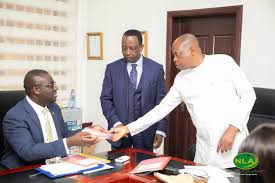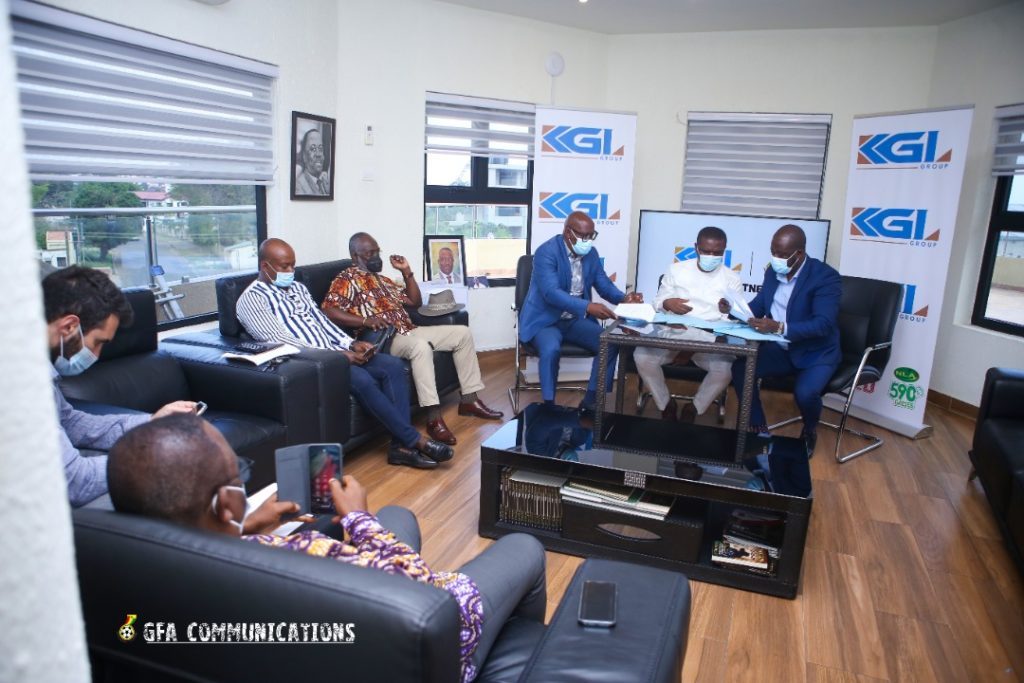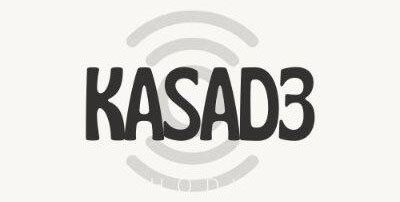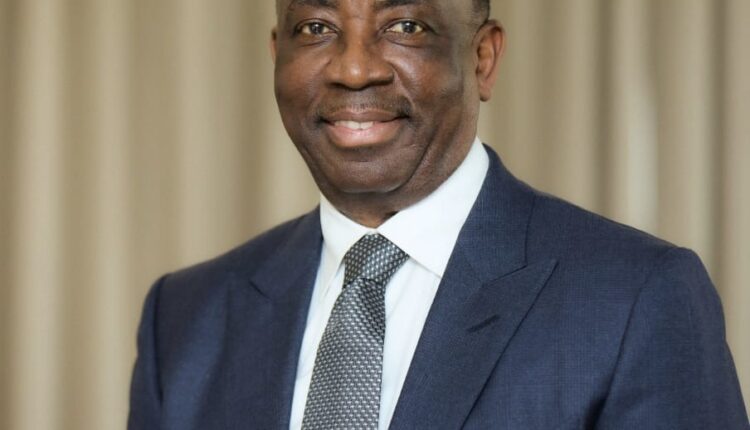The Story of Alex Apau Dadey—The Visionary Who Dared to Build Beyond Politics
By Nana Kofi Barfour | nbobonsu@gmail.com
In an age when nations rise on the backs of visionaries, Ghana seems caught in a paradox: the celebration of mediocrity has become a value. While that is not enough, we are silently dismantling its makers. Few stories capture this paradox better than that of Alex Apau Dadey, the Executive Chairman of KGL Group, a man whose vision, enterprise, and philanthropic spirit have reshaped parts of Ghana’s economic and social landscape, yet whose journey mirrors the silent betrayal of the very builders driving the nation forward.
“In Ghana, the cost of building often exceeds the profit of dreaming.”

The Story—The Man Behind the Vision
Alex Apau Dadey is not your conventional tycoon. His story is not written in political privilege but in persistence, purpose, and patriotism. As the Executive Chairman of KGL Group, he has built one of Ghana’s most dynamic technology-driven conglomerates, touching sectors from fintech and gaming to logistics, e-commerce, and social development.

It is not his business acumen that sets him apart, but his belief that Ghana can progress on the strength of its own innovation. Under his stewardship, KGL Group has become a central player in Ghana’s digitalized economy, revolutionizing systems that have enhanced transparency, accountability, and financial inclusion.
Those who know him speak of a man both visionary and vulnerable, human in his flaws, yet unwavering in his pursuit of progress. One can only say that his quiet strength lies in seeing opportunity where others see obstacles and in building solutions that serve both profit and purpose.
“For Alex Apau Dadey, enterprise is not about power; it’s about people. Not about profit, but progress.”
The Impact—Transforming Vision into Tangible Change
Under Dadey’s leadership, KGL Group has transformed itself into more than a business; it has become a national development engine.
Technology & Economic Transformation
The Group’s KGL Technology Limited has digitized key activities within the National Lottery Authority (NLA), resulting in increased efficiency, accountability, and state revenue collection. The company’s digital technologies have greatly increased government revenue from gaming operations, directing hundreds of millions of cedis into the Consolidated Fund to support public initiatives.

Beyond gaming, KGL’s investments in fintech, mobile payments, and digital distribution, through businesses such as KGL Payments and Digital Distribution Hub, have increased thousands of Ghanaians’ access to financial services. The company’s position in modernizing payment systems directly helps Ghana’s digital economy strategy, which is championed by initiatives such as Digital Ghana.
Corporate Social Responsibility & Human Development
But Mr. Dadey’s vision stretches far beyond boardrooms and servers. Through the KGL Foundation, he has redefined corporate social responsibility as a moral and national duty.
In education, KGL funds scholarships for brilliant but underprivileged students, builds ICT centers, and supports school feeding initiatives while partnering with hospitals and NGOs to improve maternal and child healthcare through the group’s foundation, especially in rural communities in health. In sports, KGL is a major sponsor of the Ghana Football Association (GFA) and grassroots sporting activities, ensuring the next generation of athletes have both opportunity and hope.
These interventions align directly with the UN Sustainable Development Goals (SDGs), promoting education, health, employment, and innovation. Under Dadey’s leadership, KGL is not only generating revenue but also building social infrastructure for Ghana’s future.
“He builds in silence, gives without cameras, and transforms without applause.”
The Challenges—When Vision Meets Resistance
Yet behind the glow of progress lies a darker truth: vision in Ghana often attracts suspicion. Despite KGL Group’s undeniable contributions to revenue mobilization and social development, the company has not been spared the murky undercurrents of politics and institutional hostility.
In recent years, the Group has found itself navigating a maze of regulatory hurdles, delayed approvals, and bureaucratic resistance from state agencies that once praised its work. What should be partnerships for progress have too often become contests of power and perception. Within business circles, this phenomenon has earned a name, “Economic Witch-Hunting.”

It is a quiet but corrosive culture where successful enterprises are viewed not as allies in development but as rivals in influence.
From stalled policy approvals to strategic attempts to curtail KGL’s dominance in digital operations, it is seen by industry players and many others as evidence of a broader pattern, what some call “Strategic Crippling.” In such an environment, success becomes a liability.
The irony is glaring. The same digital initiatives that improved government revenue and employment opportunities are now being met with skepticism, fueled by political insecurities rather than economic logic. Instead of applauding homegrown innovation, certain public actors have chosen to distrust and dismantle it, all in the name of “regulation.”
For Alex Apau Daddy, these challenges have been both personal and institutional. Navigating through the maze of unspoken political allegiances and administrative sabotage, he has had to balance corporate diplomacy with moral conviction. Yet, through it all, he remains steadfast, believing that time, truth, and tangible impact will outlive propaganda.
The implications for Ghana’s economy are chilling. When institutions turn innovation into intimidation, investors, both local and foreign, lose confidence, and progress grinds to a halt. It is a self-inflicted wound, a betrayal not of one man or company, but of Ghana’s own development aspirations.
The greater tragedy, however, lies not in his trials but in what they say about Ghana’s development climate. How can a nation claim to seek economic transformation while sabotaging the very visionaries driving it?
“We cannot build a digital nation while digitally disabling our visionaries.”
Reflective Thoughts—When Greatness Goes Uncelebrated
At its core, the story of Alex Apau Dadey is not just about business; it is a mirror reflecting Ghana’s uneasy relationship with success. We praise visionaries until their light shines too brightly. We celebrate entrepreneurs until they start changing systems. Then we see them as a threat and call them dangerous. His journey mirrors this national paradox.

We glorify politics and ignore production; we exalt rhetoric and silence results. And yet, Mr. Dadey’s journey stands as a reminder that true patriotism is not spoken; it is built. He continues to invest, to employ, to empower, and to believe in a Ghana that sometimes fails to believe in him. Here is a man who has generated employment, supported national revenue, and contributed to social development, yet remains more scrutinized than celebrated.
His story raises uncomfortable questions about Ghana’s relationship with success: Why do we treat excellence as suspicion? Why do we measure patriotism by politics, not productivity? And why do we allow institutional pettiness to cripple innovation?
If Ghana truly wants sustainable development, it must start by protecting, not persecuting, its visionaries. Because nations don’t rise by accident. They rise because men and women like Alex Apau Dadey dare to build when others are busy tearing down.
“When history is written, it will not remember those who spoke the loudest; it will remember those who built the longest.”
Sidebar: The KGL Footprint in National Development
- Revenue Mobilization: Digitization partnership with NLA generating hundreds of millions in state revenue.
- Employment Creation: Thousands of direct and indirect jobs across technology, finance, logistics, and customer support sectors.
- Education Support: Scholarships and ICT training through KGL Foundation.
- Sports Development: Key sponsor of GFA and youth football programs.
- Health Initiatives: Rural clinic support and health campaigns under SDG alignment.

Final Reflection
So here lies the irony: A man whose vision modernized systems, funded education, and supported communities is still viewed with suspicion by the very state that benefits from his success. How many more visionaries like Alex Apau Dadey must Ghana quietly crucify before realizing they are its greatest national treasures?
By Nana Kofi Barfour
Contact: nbobonsu@gmail.com



